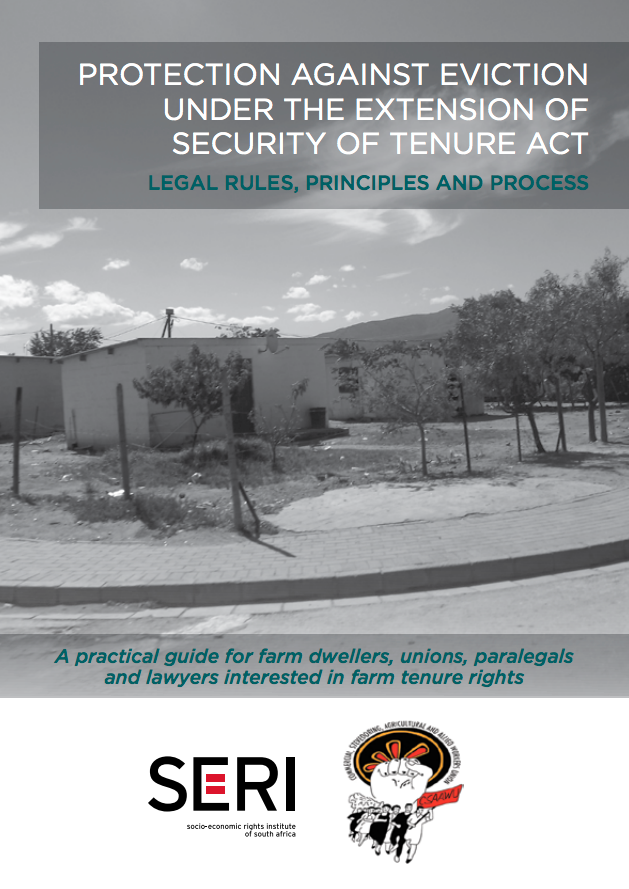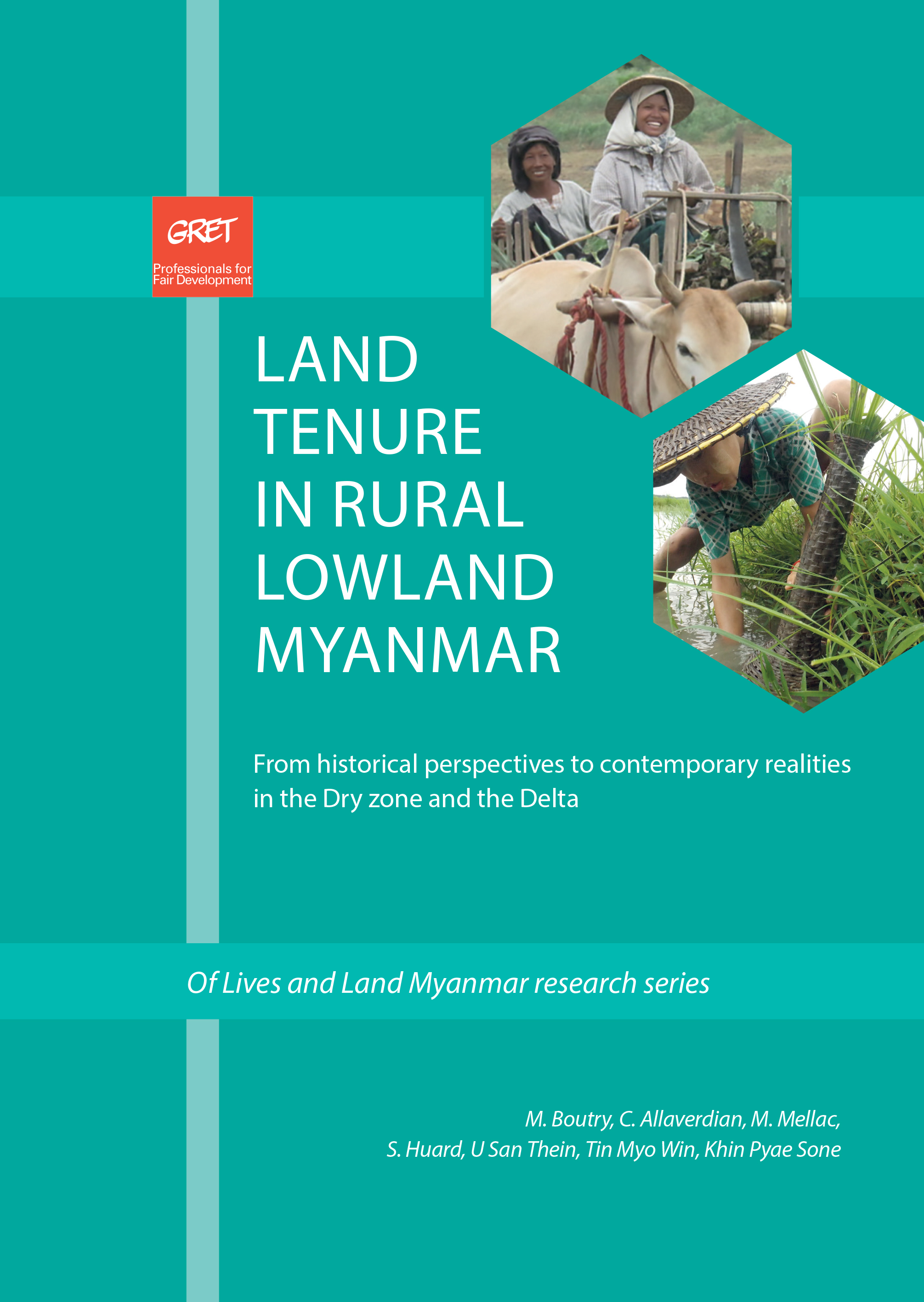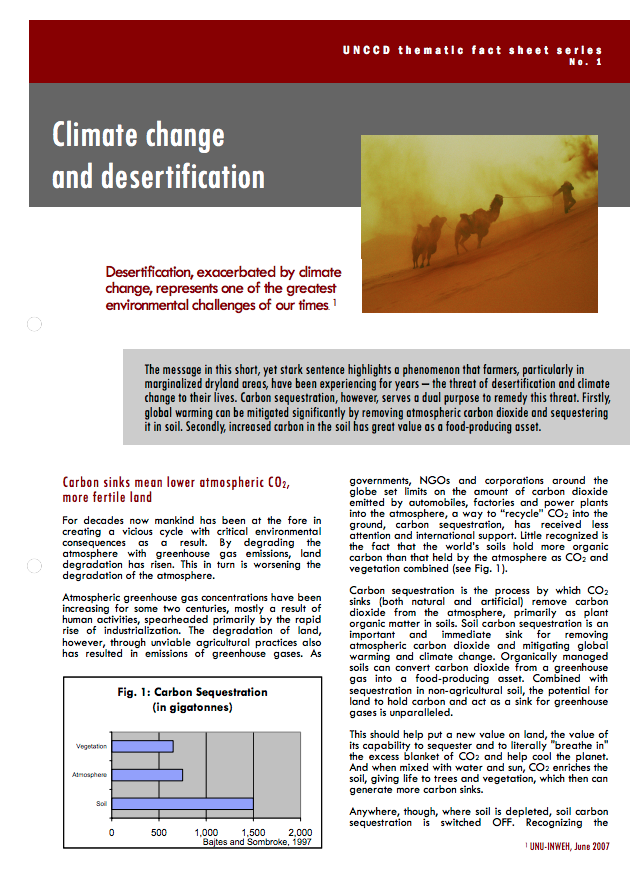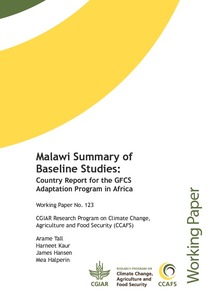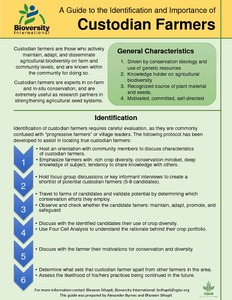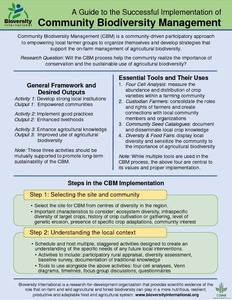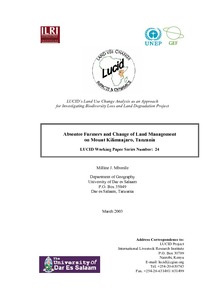Sustainable agriculture for small-scale farmers in Mozambique
Sustainable agricultural approaches such as agroecology can help producers increase productivity while protecting the environment and strengthening resilience to climate change. Nonetheless, policymakers rarely support them on a large scale and take-up remains low. This report analyses the factors determining the adoption of sustainable practices in Mozambique, exploring whether a common understanding of ‘sustainable agriculture’ exists, how this is reflected in policy and practice, and what drives farmers (not) to adopt them.


